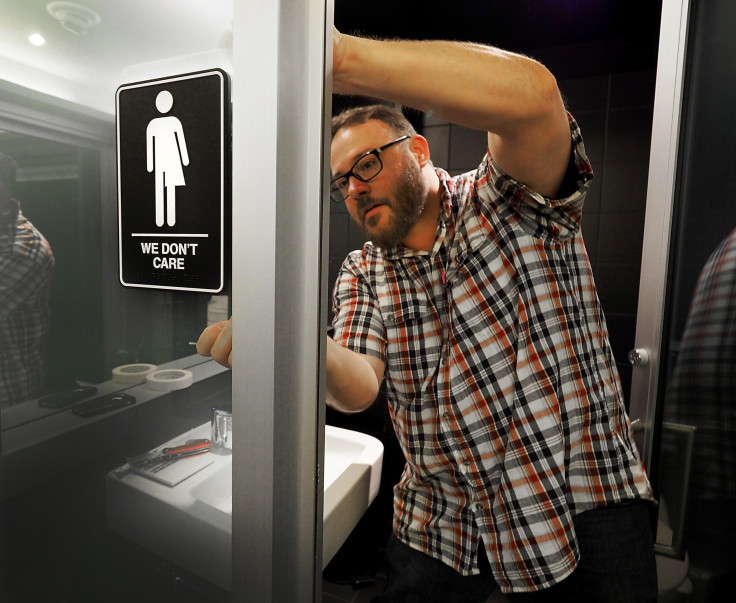
The city of Odessa, Texas passed an ordinance Tuesday banning transgender people from using public restrooms that match their gender identity.
In a contentious four-hour Odessa City Council meeting, members voted 5-2 to amend a 1989 ordinance, restricting the public restroom use of transgender individuals. The meeting, which also addressed other city issues, included 70 minutes of intense debate on the bathroom ordinance, according to OA online. Council members Steve Thompson and Gilbert Vasquez voted against the amendment.
The ordinance limits access to public restrooms, locker rooms, and changing facilities based on an individual's birth sex. Proponents like Councilmember Chris Hanie argued it was about protecting families. "I'm putting protection out for something that we should never even have to go through in life," Hanie said. "This has nothing to do with fear."
Jonathan Saenz, president of Texas Values, defended the ordinance, claiming it addressed concerns about federal overreach and the Biden Administration's agenda. However, LGBTQ+ advocates, including Alexander Ermels of PFLAG, slammed the move as a waste of resources. "Odessa has real challenges. Instead, we're wasting energy on where people go to the bathroom," he said.
Critics questioned the necessity of the law, pointing out the lack of evidence that transgender individuals pose a threat. Gale Norris, a transgender woman, emphasized that trans people are far more likely to be victims of violence than perpetrators. "There is no reputable statistical evidence that transgender people commit violent or sexual crimes any more than the general population," Norris testified.
Concerns about discrimination and "gay-bashing" were raised by Republican Precinct Chair Ronnie Lewis, who asked, "Where does it stop?" adding that targeting the LGBTQ+ community could spiral into other forms of bigotry.
Despite the backlash, the ordinance passed, leaving LGBTQ+ advocates fearful that it might inspire similar laws statewide, echoing past legislative efforts in Texas.
© 2025 Latin Times. All rights reserved. Do not reproduce without permission.





